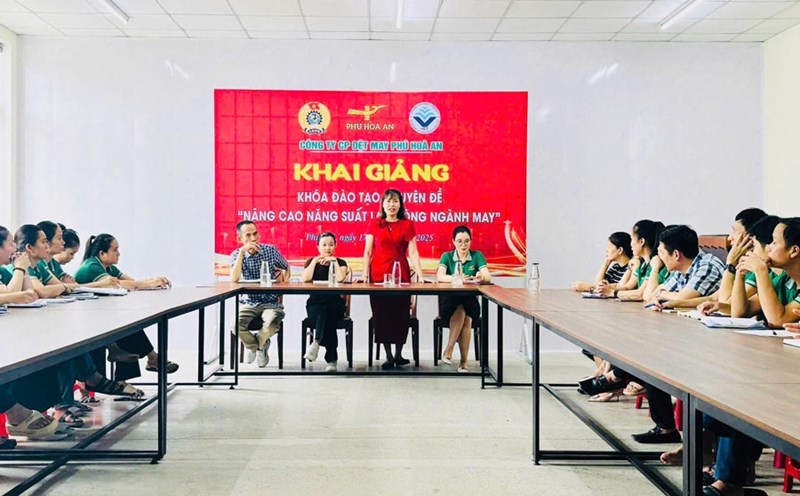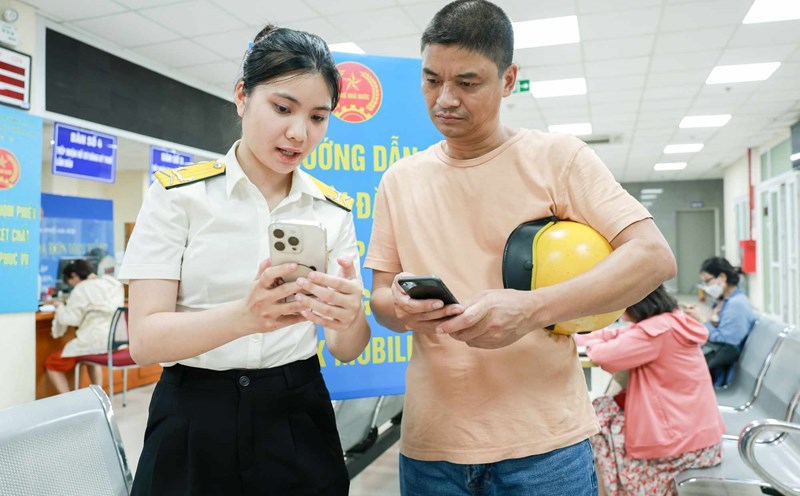Because this is the first time in history that all students, from urban to remote areas... have started their journey to learn English right from grade 1.
Previously, learning English early was almost a "privilege" for students in the city, where there were foreign language centers, teachers of indigenous languages and better learning conditions. In many rural areas, this language appeared late, only mandatory from grade 3, and was previously optional.
Now, when English has become a mandatory subject since grade 1, children in mountainous, coastal, plain or urban areas all have the same starting point, and can access the global language right from primary school.
This will bring equality of opportunities in education. Now, foreign languages are no longer the advantage of a small group, but the right to education of all Vietnamese children.
And this equality in the right to study inevitably brings an advantage, which is to help the country's integration capacity be nurtured from the root.
In the current era of globalization and technological revolution, English is no longer simply a skill, a foreign language, but a condition for existence.
English is not only a communication tool, but also a foundation for the younger generation to access technology, knowledge and future careers. From a treasure trove of books, films, scientific documents, to global digital learning platforms..., all are opened to the eyes of children who are fluent in English.
Thereby becoming the most direct and effective way to narrow the knowledge gap, helping students in disadvantaged areas to still "touch" the world, confidently entering the digital age as students with conditions in the city. At the same time, learning foreign languages early also contributes to the formation of basic skills needed by global citizens. Of course, this project also comes with many challenges, including immediate challenges, such as the need for more than 22,000 English teachers for preschool and primary school, along with quality requirements.
There are other challenges such as: Facilities, learning materials and teaching methods suitable for young students...
If these challenges are completely resolved, the project "Making English the second language in schools in the period of 2025 - 2035, with a vision to 2045" will take the Vietnamese education sector a very long way forward in quality and innovative thinking.
Investing in equal learning opportunities and integration capacity for students from today is also a sustainable investment for the country's roots in the near future.











